The holidays are a crazy time of year, but the rewards come with spending time with the people special to us. Pets also can feel the effects of holiday chaos and stress, which can put them in dangerous situations. The Gentle Vet team knows you have enough on your plate already, and wants to help by providing some information about pet holiday hazards and simple and effective strategies to keep your pet safe.
Holiday food pet hazards
The best way to protect pets from holiday food hazards is to keep them out of the kitchen and dining areas during food preparation and meals, take food-containing trash outside immediately after meal cleanup, and avoid intentionally sharing holiday food with your furry pal. Holiday foods and their specific hazards to watch for include:
- Chocolate — Chocolate is toxic to a pet’s nervous system, gastrointestinal tract, and heart.
- Xylitol — Xylitol is a common sweetener in sugar-free products that stimulates insulin release and a rapid drop in blood sugar in pets.
- Raisins — Raisins, and their fresh cousins—grapes—can cause kidney failure in dogs.
- Garlic and onions — Garlic and onions can cause red blood cell damage and anemia.
- Fatty foods — Fatty foods, such as dark meat, turkey skin, or gravy, can cause pancreatitis.
- Meat bones — Meat bones can splinter and damage or get stuck in a pet’s gastrointestinal tract.
Holiday decor pet hazards
Multiple holiday decorations can pose hazards to pets. We recommend either placing items carefully and supervising pets as they investigate or choosing safer alternatives. Decorations to be mindful of include:
- Christmas trees — Trees can fall on your pet or contain contaminated water at the base. Secure your tree to the ceiling or adjacent wall and place a pen around the base to prevent pet access.
- Ornaments — Ornaments can break and cut your pet, and homemade decorations are sometimes toxic. Keep ornaments on the top half of the tree, out of your pet’s reach.
- Tinsel — When swallowed by a curious cat, tinsel causes the intestines to bunch up and stop functioning normally. Avoid tinsel, ribbons, or string if you have a cat.
- Candles — Pets who brush up against candles may be burned; try flameless alternatives instead.
- Cords — Pets who chew cords can be burned or shocked. Hide cords or cover them with protectors and always unplug them when not in use.
- Snow globes — Snow globes may contain toxic ethylene glycol. Always place them where they cannot fall or break.
- Plants — Poinsettia, holly, and mistletoe can cause problems for pets, and lilies are especially dangerous for cats, causing renal failure in only tiny amounts. Check the ASPCA list of toxic and non-toxic plants or use silk alternatives.
Holiday party pet hazards
Holiday gatherings can pose several different hazards to pets. Many pets become stressed by the noise of the festivities and the presence of unfamiliar people, which can cause them to lash out or internalize their anxiety. To help your pet cope, offer them a quiet space to retreat to that has their familiar bedding, toys, smells, and sounds. You also can try spraying calming pheromones, playing classical tunes, or placing an anxiety wrap around them. Ask guests to only interact with pets in safe and specific ways.
Pets are also more likely to get lost during parties, but you can increase the chances of a safe return by ensuring they wear their collar and identification tags during the party and getting them microchipped before the big day. The process involves implanting a microchip under the skin, which stores contact information so authorities can locate a lost pet’s owner.
Holiday travel pet hazards
Prepare well in advance if you are traveling with your pet via ground or air, since you may need to meet certain vaccination or health requirements to cross state lines. Update overdue vaccinations several weeks before your trip and obtain a health certificate from our team within several days of your departure. Ensure your pet is well-secured using a crate, seat belt, or car seat during vehicle travel, and check with airlines to see what carrier types and sizes are approved for use. Use calming medications and supplements prescribed by our team if your pet becomes stressed during travel. We do not recommend traveling with large dogs by air unless absolutely necessary, as airplane cargo holds are not temperature-controlled and can be dangerous.
How to handle a holiday pet emergency
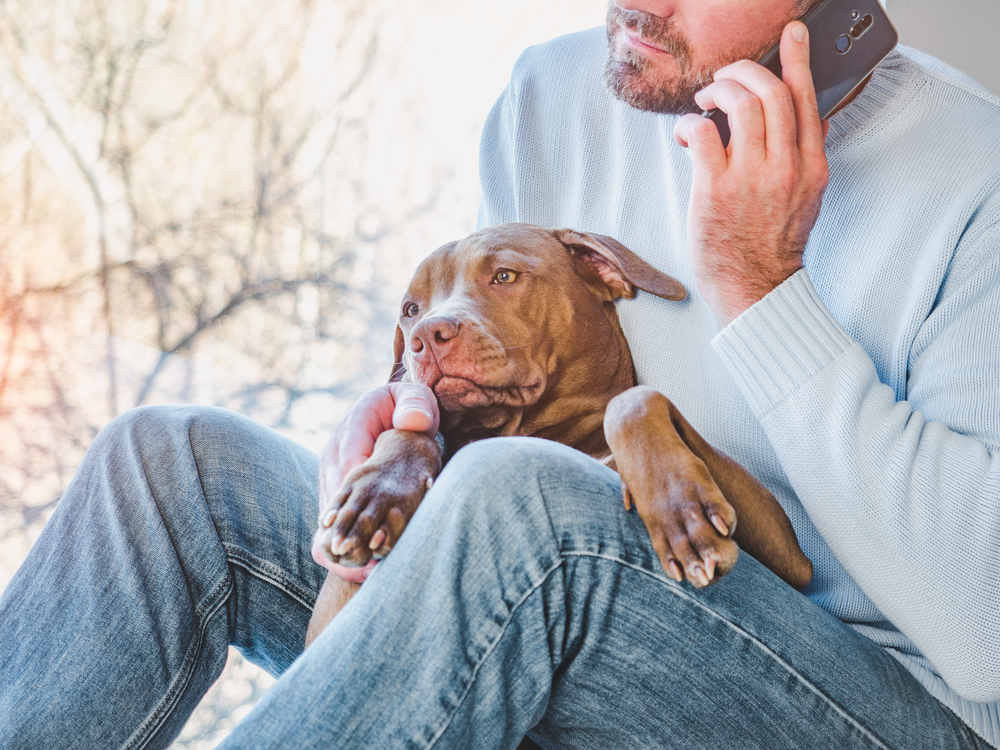
Despite your best efforts, you still may face a pet emergency during the holidays. If so, follow these guidelines:
- If your pet consumes a toxin — Contact the ASPCA Animal Poison Control Center or Pet Poison Helpline for advice before seeking veterinary care.
- If your pet gets sick or injured — Call our team to schedule an urgent or emergency visit during regular office hours.
- If your pet needs after-hours care — If your pet gets sick or injured after our office closes for the night or on a Sunday or holiday, call your nearest veterinary emergency hospital.
The holidays go by in a flash, but you can slow down and enjoy them when you know your pet is safe from potential harm. The Gentle Vet team is here to help with your pet’s health needs leading up to and through the holiday season, including wellness examinations, sick visits, health certificates, and microchipping. Contact our team if your pet needs medical care, or reach out to your nearest emergency facility for after-hours concerns.




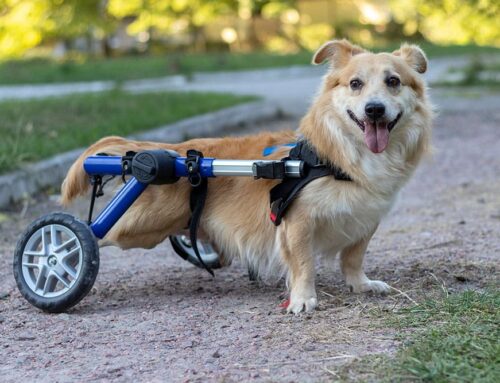
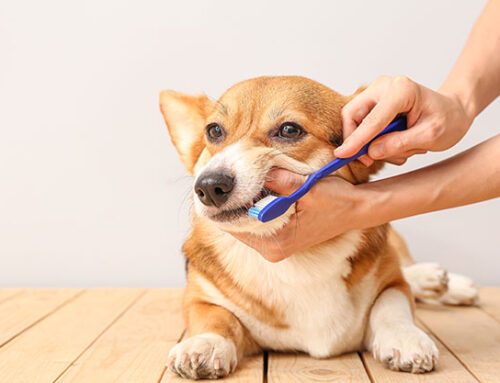
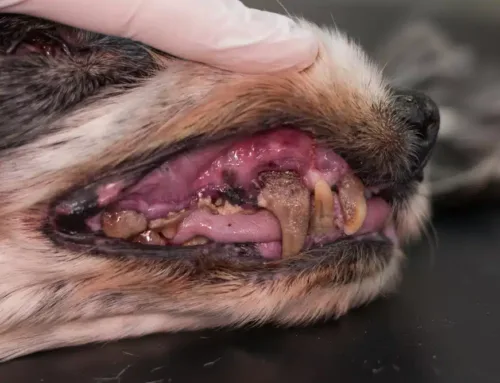
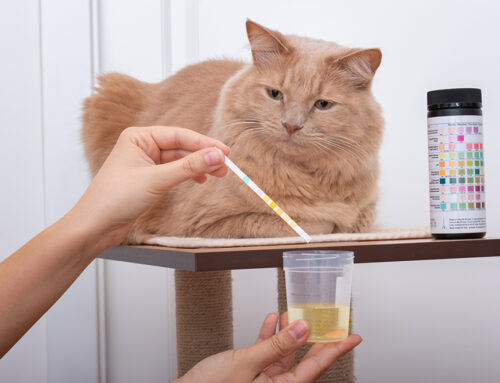
Leave A Comment